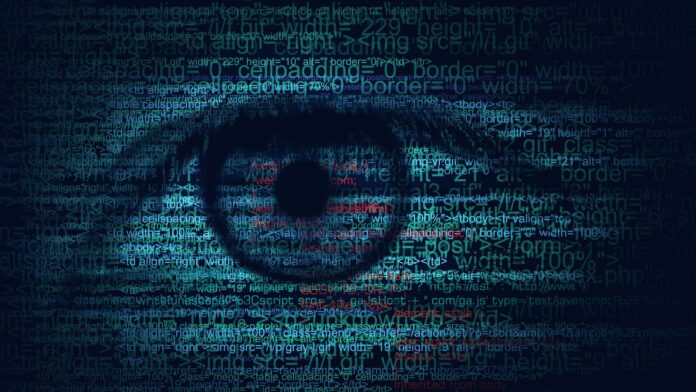EU member states show a dangerous disregard for the principles of media freedom because they want to authorize spying on journalists and their sources on the vague grounds of “national security”.
The European Federation of Journalists (EFJ) strongly rejects the EU Council’s position on the European Media Freedom Act (EMFA) and condemns the attack on media freedom, arguing that such legislation would further endanger journalists and their sources.
Today, June 21, 2023, the Council of the EU reached an agreement on the much-needed European Act on Freedom of the Media proposed by the European Commission with the intention of introducing protective measures against political interference in the media, media concentration, and protect journalists and their sources from surveillance. The EFJ advocates strong and effective regulation in response to the numerous threats to media freedom in the EU.
However, earlier this month France introduced a new exception to the general ban on deploying spyware against journalists. It states that the provisions on the effective protection of journalistic sources “do not call into question the responsibility of member states for the preservation of national security”.
The EFJ warned that such an exception would render the originally proposed protection useless. It also ignores the important case law of the Court of Justice of the European Union (CJEU), which clearly shows that the mere purpose of protecting national security cannot render EU law inapplicable and does not exempt member states from their obligations to comply with the rule of law.
The EFJ strongly opposes this exception, which runs counter to the very purpose of the law and would open the door to all kinds of abuse:
“We are disturbed by the dangerous problems in the position of the Council, which shows disrespect for the principle of freedom of the media. Article 4’s national security exception on protection of sources and protection from surveillance technology is a blow to media freedom. This would put journalists even more at risk, and it also creates a chilling effect on whistleblowers and other sources. We know all too well how the defense of national security is misused to justify violations of media freedom. The European Act on Media Freedom was supposed to create trust. Member states are creating mistrust,” said EFJ director Renate Schroeder.
The EFJ believes that the European Parliament will be in a position to prevail during the trilogue negotiations and save what is now at stake: journalists’ trust in the EU institutions and trust in the European Media Freedom Act, which is worthy of the name.








